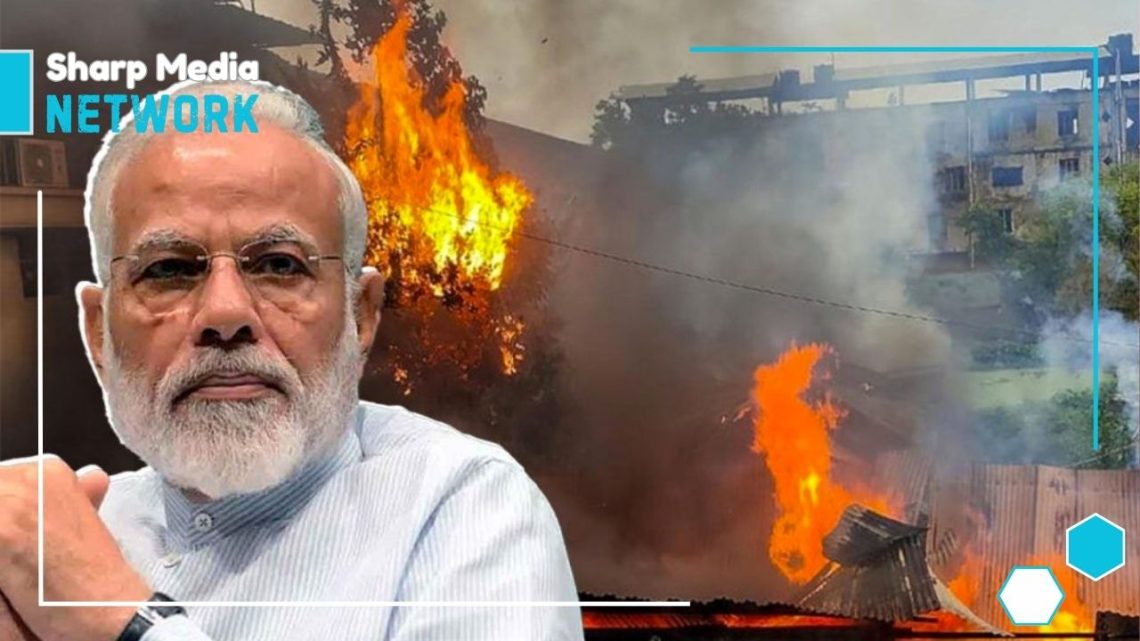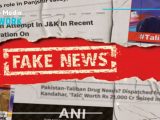
Religious Intolerance in India: A Rising Crisis Under Modi’s Government
January 23, 2025Religious intolerance in India has reached new heights under Narendra Modi, with growing persecution of Muslims, Christians, and low-caste Hindus threatening the nation’s democratic principles and stability.
In Narendra Modi regime, religious intolerance in India has escalated to alarming levels, with widespread persecution of Muslims, Christians, and lower-caste Hindus. These communities now face daily violence, intimidation, and harassment, creating an atmosphere of fear and insecurity across the country. Human rights experts argue that this troubling trend is deeply rooted in the ideology of Hindutva, which has gained significant traction since the BJP’s rise to power.
One of the most significant drivers of this religious persecution is the passing of controversial laws, such as the Citizenship Amendment Act (CAA), which critics argue specifically targets Muslims and other minorities. These policies, critics say, are part of a broader agenda to disenfranchise and marginalize religious minorities, stripping them of their fundamental rights. The Modi government, with its close ties to the Rashtriya Swayamsevak Sangh (RSS), has been accused of promoting a dangerous agenda that seeks to purge India of its religious diversity, particularly focusing on Muslims, who are enduring rising levels of hate crimes, mob lynchings, and systemic discrimination.
The violence and discrimination faced by religious minorities have only intensified as right-wing Hindu extremist groups have grown bolder. These groups, many with open ties to the BJP and RSS, advocate for the marginalization of non-Hindu populations, often operating with little fear of consequence. The government’s inaction, or in some cases, tacit support for these groups, has further emboldened them, exacerbating the climate of fear for Muslims, Dalits, and Christians in India. Under the guise of national security and religious nationalism, these communities are being ostracized, targeted, and silenced, their basic rights violated with impunity.
This rise in religious intolerance has raised alarm on the global stage, with many questioning the future of India’s secular identity. The Modi government’s actions have led to widespread condemnation from international human rights organizations, such as Amnesty International and Human Rights Watch, which have documented a sharp increase in hate crimes, mob attacks, and discriminatory policies. Reports indicate that the marginalization of Muslims, Christians, and Dalits has become a regular feature of life under the current government, with little accountability for the perpetrators of violence.
Human rights activists are urging the international community to take swift action to address the worsening situation in India. They emphasize that the failure to intervene not only allows these human rights violations to persist but also threatens to erode the democratic foundations of India itself. If the persecution of religious minorities continues unchecked, it could destabilize the country, undermining peace and security in the region.
The growing tide of religious intolerance in India under Modi’s leadership poses a severe threat to the nation’s democracy and social fabric. The international community’s response to this crisis will be crucial in determining the future of India’s religious minorities and the integrity of its democratic values.

